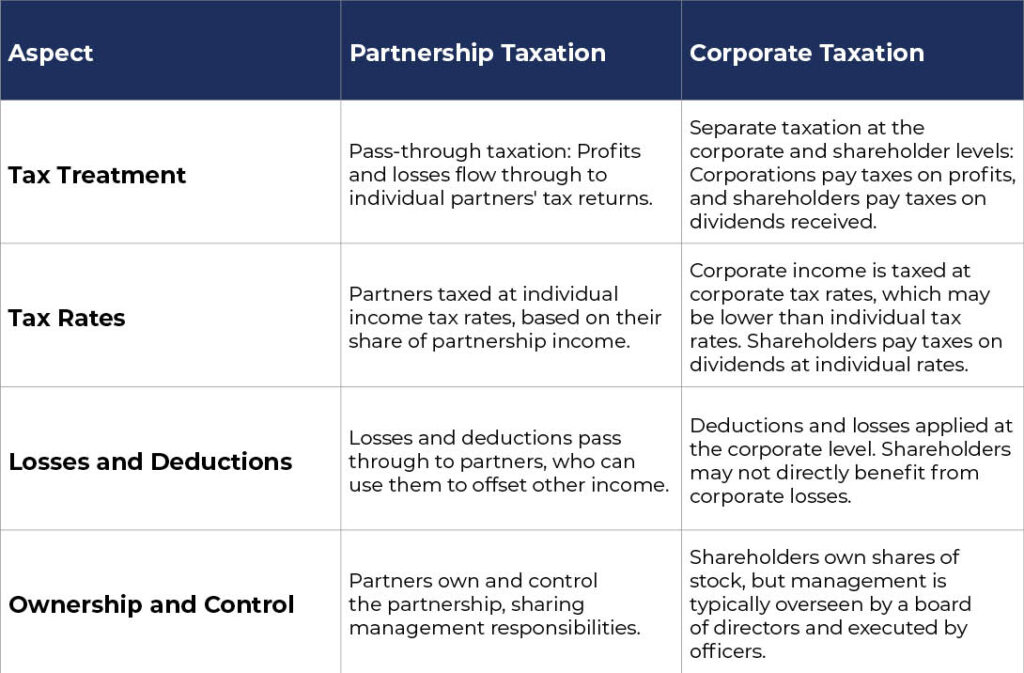
Understanding the Basics of Legal Accounting
Law firm accounting isn’t just numbers and charts; it has its own set of rules and things to think about that make it different from accounting in other fields. If you work for a law company or are in charge of its funds, you need to know these details. There






